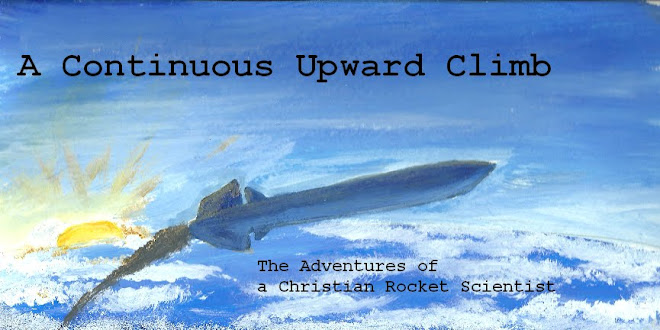 |
| The High Frontier, Human Colonies in Space, by Gerard O'Neill. |
 |
| Depiction of "Island Three" concept, a 3km radius cylindrical space habitat. |
 |
| Without all the red-tape, setbacks, disasters, and other unforeseen complications, the original concept for the Shuttle indeed was simple enough to be inexpensive access to LEO. |
What is now known as the ISS was discussed in the book as a "workbench" in space, and the real construction efforts would be for Island One, a giant space habitat longer than three Empire State Buildings. The hilarious part is that he predicts conservatively that Island One could be built by 2010, which more or less corresponds to the completion of the ISS. Technically, it is completely feasible, perhaps even economically. However, he accurately identifies one of the biggest variables that is nearly impossible to predict, which is the politics behind the development of space.
There are many cool ideas throughout the book, and it is an inspiring picture of the future. But I also imagine that human colonies in space could lend themselves easily to "dystopic" scenarios. Such is the theme of my most recent novel, written last November, entitled "Supervessel." Currently I don't like my story at all, and it needs a lot of reworking.
I do believe that if the world can remain somewhat stable in the coming future that human colonies could be developed in space within my lifetime. However, while the technical details can easily be worked out on paper, the political and economic stability of the globe will play an important part in whether or not we permanently get off the ground.


1 comment:
Your blog is good source of information as well as helpful for my Aerospace Industry Outlook Research and Development.
Post a Comment